Did You Know?
Philosophy is, the ultimate 'transferable work skill, it teaches you to think critically. For example, Google has an in-house philosopher/director of engineering. And the founders of LinkedIn and Flickr attribute their success to their study of philosophy.
Key Information
Qualification
A-Level
Duration
Two Year Course
Examination Board
OCR
"PERS is the most interesting subject. It's intriguing to debate with people from different backgrounds and learn about all their different opinions and beliefs. It gives you an incredible understanding of why the world is as it is". - Hana Sharif, lower sixth student
Qualification
A-Level
ASSESSMENT
100% exam over three papers
Paper 1 Philosophy of Religion [ 33.3%]
A 2-hour exam where you will be expected to write 3 evaluative essays out of a choice of 4 questions on the topics studied in the philosophy of religion strand. Each question is worth 40 marks
Paper 2 – Religion and Ethics [33.3 %]
A 2-hour exam where you will be expected to write 3 evaluative essays out of a choice of 4 questions on the topics studied in the religion and ethics strand. Each question is worth 40 marks
Paper 3 Development of Christian Thought [33.3%]
A 2-hour exam where you will be expected to write 3 evaluative essays out of a choice of 4 questions on the topics studied in the development of Christian thought strand. Each question is worth 40 marks
What do I need to study this course?
A keen interest in discussing and answering the Big questions about the world, reflecting on how and why people make different ethical decisions, and the changing role of having a faith. This course is suitable for students with an open and enquiring mind who have excellent skills in written English – you need a grade 5 in GCSE English Language along with another subject that requires extended writing.
What will I study?
Philosophy of Religion
Learners will study:
- Ancient philosophical influences
- The nature of the soul, mind and body
- Arguments about the existence or non-existence of God
- The nature and impact of religious experience
- The challenge for religious belief of the problem of evil
- Ideas about the nature of God
- Issues in religious language.
Religion and Ethics
Learners will study:
- Normative ethical theories
- The application of ethical theory to two contemporary issues of importance
- Ethical language and thought
- Debates surrounding the significant idea of conscience
- Sexual ethics and the influence on ethical thought of developments in religious beliefs
Developments in Religious Thought [ Christianity]
Learners will study:
- Religious beliefs, values and teachings, their interconnections and how they vary historically and in the contemporary world
- Sources of religious wisdom and authority • practices which shape and express religious identity, and how these vary within a tradition
- Significant social and historical developments in theology and religious thought
- Key themes related to the relationship between religion and society
What next?
This A-level leads to many undergraduate courses such as social work, nursing, teaching, business and law as well as other career routes. Our students value the skills developed such as handling the views of others, critically evaluating arguments and communicating ideas clearly.

 Website By Rejuvenate Digital
Website By Rejuvenate Digital